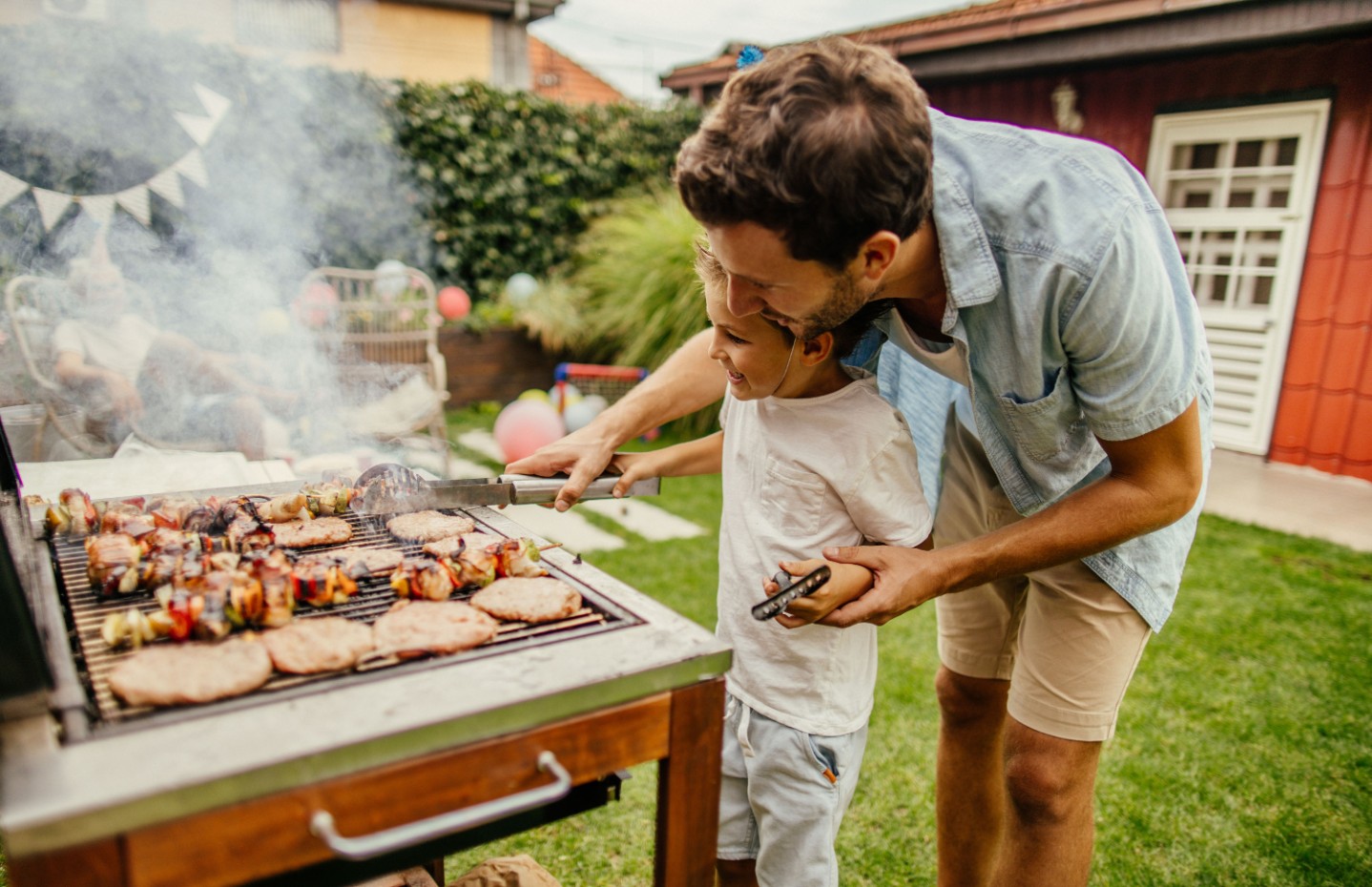Fueling Your Family's Future: A Doctor's Perspective on National Nutrition Month
MAR 01, 2026Good nutrition is about building a foundation for a vibrant, energetic, and disease-resistant life for you and your loved ones.
Read More
As a trauma nurse, I see a definite spike in injuries during the summer months. It's something we in the field call the "100 deadliest days of summer," and it's a very real phenomenon. With kids out of school and everyone spending more time outdoors, traveling, and just generally being more active, we see a significant increase in accidents and injuries that bring people to the Emergency Department. It really kicks off around Memorial Day and doesn't let up until Labor Day.
I want everyone to enjoy the summer and participate in the outdoor activities they love, but it's crucial to be aware of the risks involved and take the necessary precautions to stay safe. We see a lot of drownings, head injuries, and broken bones from things like roller-sports, trampolines, and general sports activities. Firework injuries, heat stroke, sunburns, and ATV and automotive crashes are also common occurrences.
Summer raises the risk for many injuries and even death. For example, teens are about 25 percent more likely to be in a car crash during the summer. That's especially alarming when you consider that drivers under age 20 are already three times more likely to be in a car crash than older, more experienced drivers.
The good news is that many of these injuries are preventable. By following safety guidelines, wearing the proper safety equipment, and consulting with healthcare providers, we can significantly reduce the number of summer injuries. That's why our Trauma Prevention program at CHI Health is working hard to build awareness about these increased risks.
It's not just about discussing the risks, though. You'll see us out in the community, providing bike helmet fittings and hosting safety fairs to encourage safe behaviors. We also share tips on how to keep your family healthy and safe all year round.
And since May is National Trauma Awareness Month, it's a perfect time to share some crucial safety tips from our partners at SafeKids:
Let's all work together to make this summer a safe and enjoyable one for everyone.

Good nutrition is about building a foundation for a vibrant, energetic, and disease-resistant life for you and your loved ones.
Read More
Raynaud's phenomenon is a rare disorder that affects the blood vessels, most commonly in the fingers and toes, but sometimes also in the nose, ears, or lips.
Read More
Winter brings beautiful snowy landscapes and cozy evenings, but the cold, dry air—indoors and out—can be harsh on our hands, leading to dryness, cracking, and even more serious issues like frostbite. Protecting your hands is crucial for comfort and s...
Read MoreWhen you need local health information from a trusted source, turn to the CHI Health Better You eNewsletter.